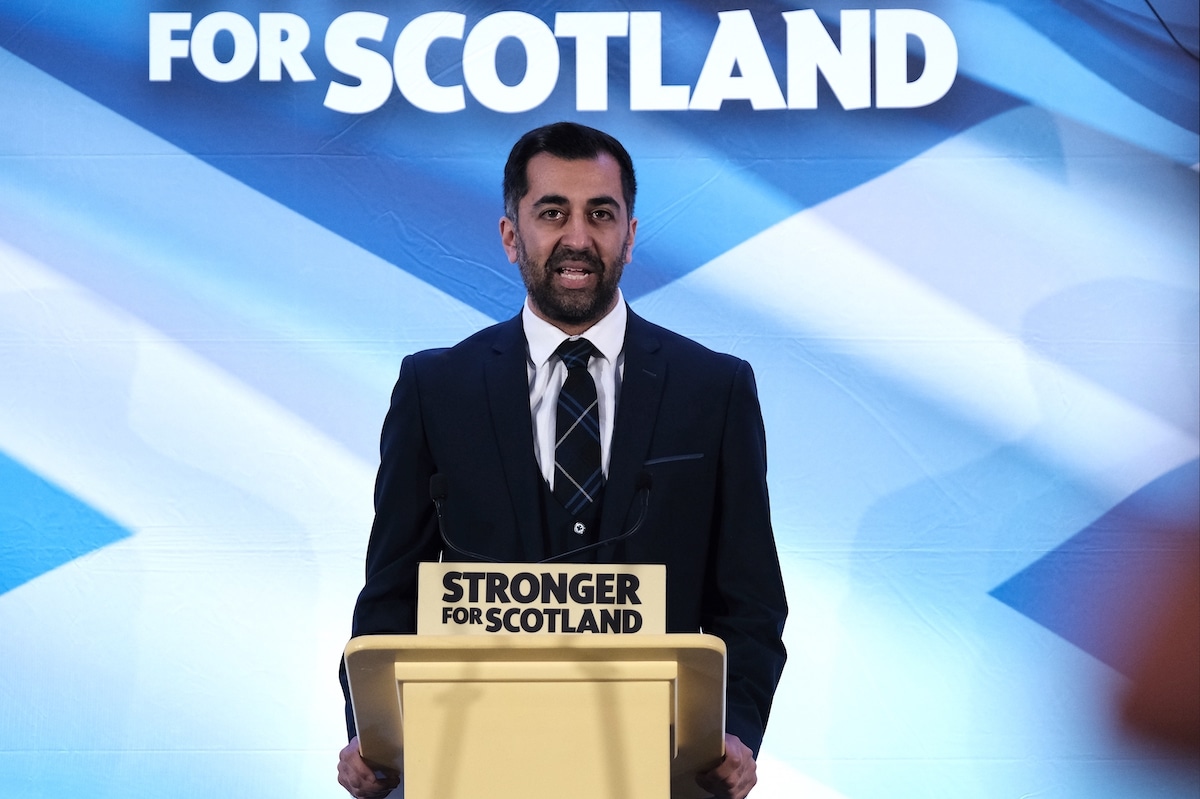Scotland’s First Minister faces peril as former coalition partners, the Scottish Greens, back a motion of no confidence, plunging the government into crisis. Here’s the full story.
Political Chaos
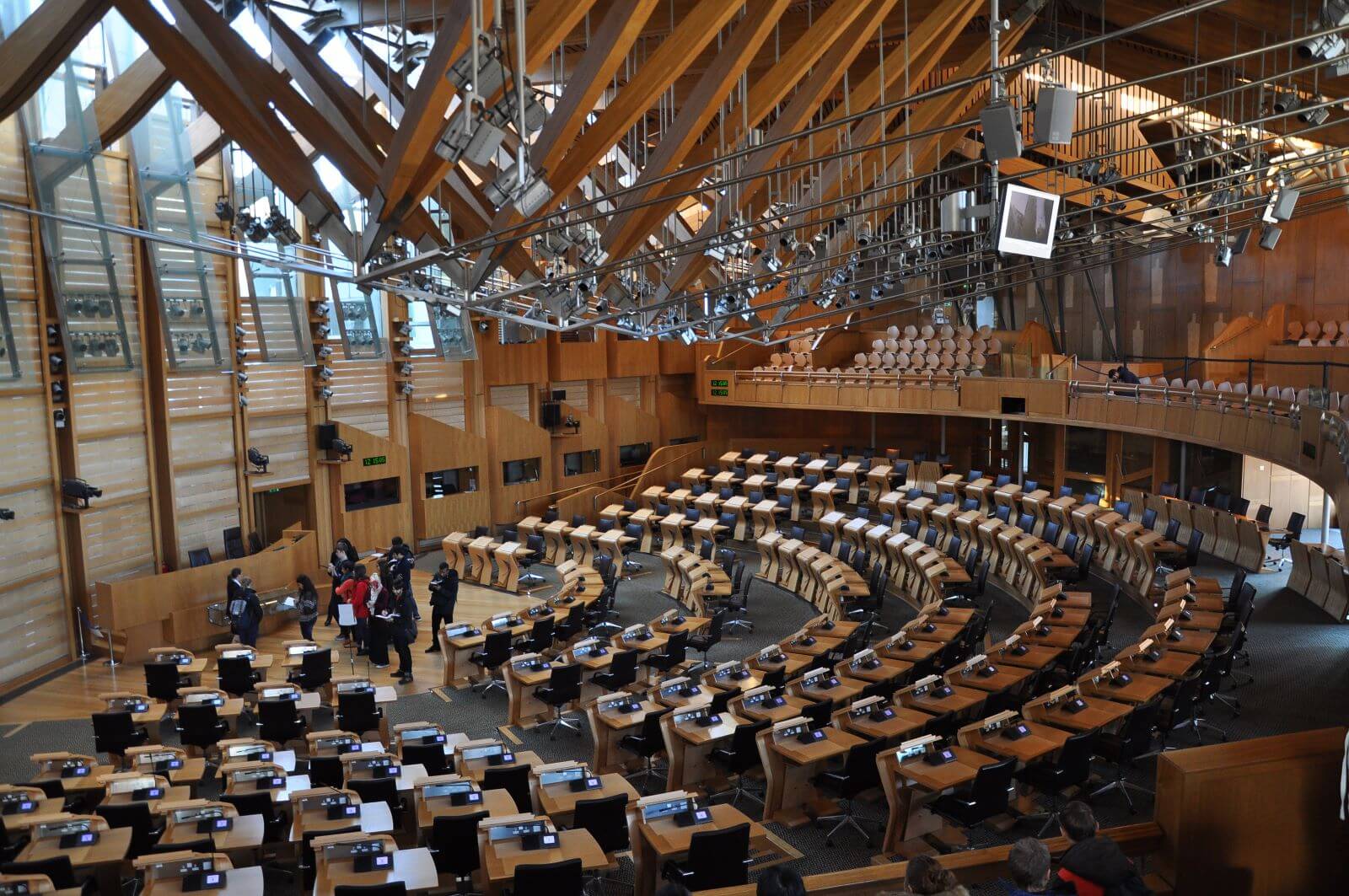
The world of Scottish politics has been thrown into chaos recently, with First Minister Hamza Yousaf staring down the barrel of a no-confidence motion that his previous coalition partners, the Scottish Greens, have announced they will support.
Stunning Decision
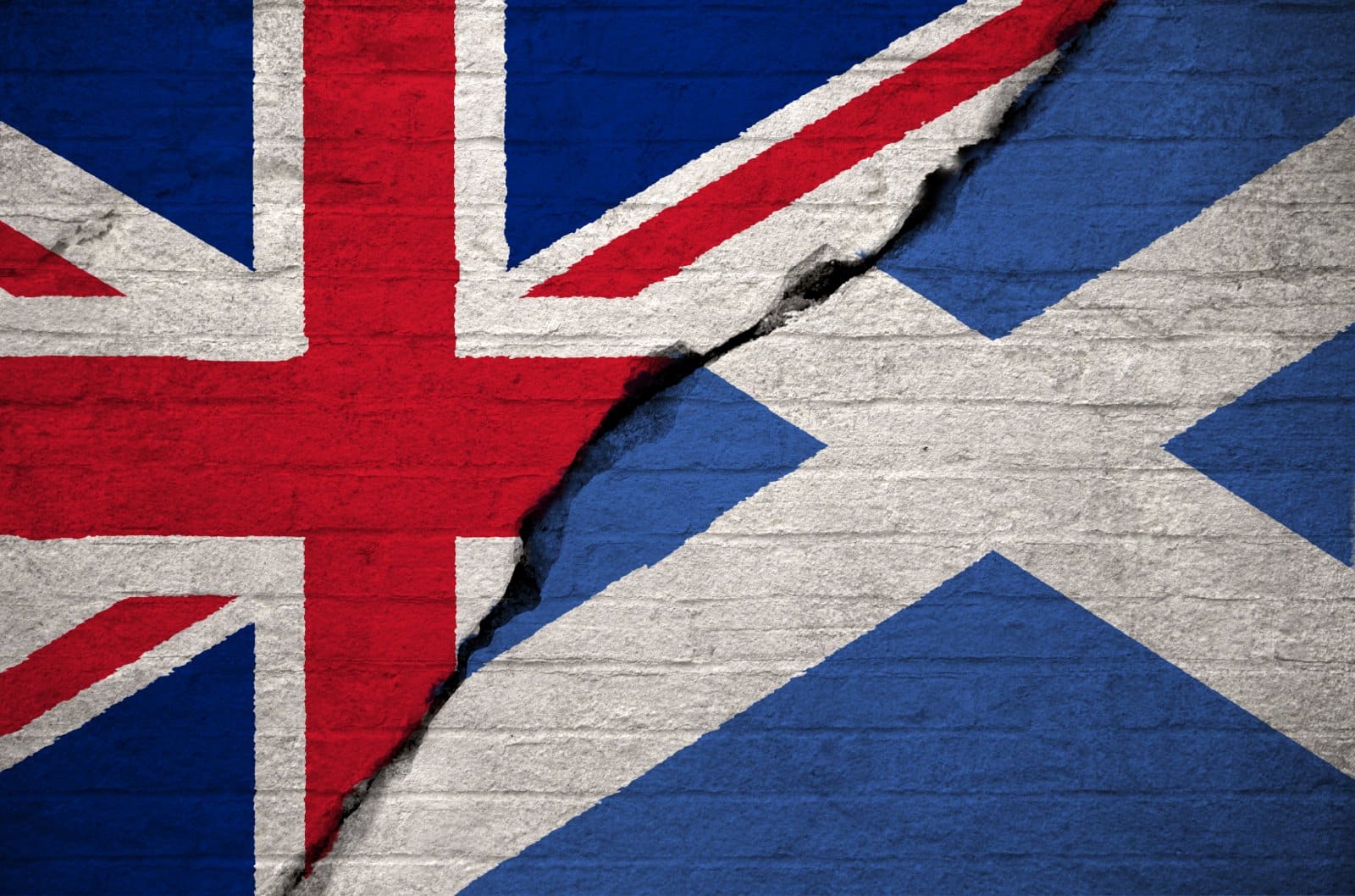
The move came shortly after Yousaf unexpectedly unilaterally ended the power-sharing deal that the ruling Scottish National Party (SNP) had with the Greens. This decision stunned both allies and opponents alike.
End of Agreement

Yousaf’s abrupt decision to end the coalition agreement, originally hailed as a significant milestone for progressive, consensus politics, has sent shockwaves through Scottish politics.
“Cowardly”
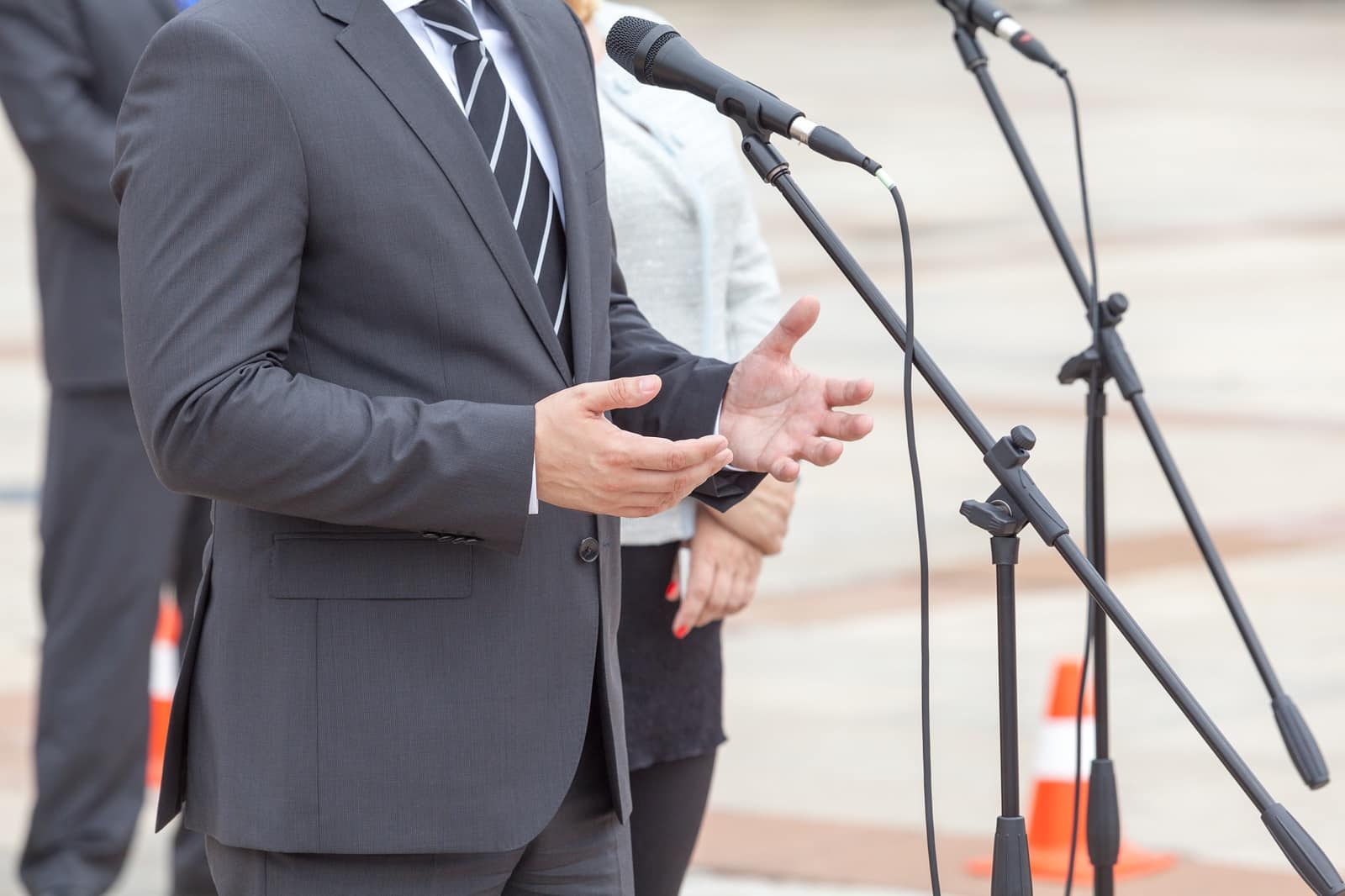
The move, which was characterised as “cowardly” and “weak” by Green leaders Patrick Harvie and Lorna Slater, came amid mounting discontent within the SNP over policies that some on the right of the party believed to be unpopular and which were perceived to be dictated by the coalition.
“Burn His Bridges”

Patrick Harvie told BBC Scotland, “It is very clear that Humza Yousaf has decided to burn his bridges with a progressive pro-independence majority that was established by the Bute House agreement.”
“Betrayed”

The fallout from Yousaf’s decision was immediate and significant. The Greens, feeling that their policy platform with the SNP, commonly called the Bute House agreement, had been “betrayed,” announced their support for a Conservative no-confidence motion, further imperilling Yousaf’s already tenuous position.
Two Votes Short

Yousaf is beset by adversaries inside and outside the SNP. The party, which is two votes short of a majority in the Scottish parliament, is deeply divided.
Alba Party

The previous SNP First Minister unexpectedly stepped down following a police investigation into alleged embezzlement of party funds, and former First Minister Alex Salmond’s new right-wing party, Alba, is constantly harassing the SNP’s attempts to pass legislation.
Daunting Task

Being two votes short of a majority, Yousaf now faces the daunting and unenviable task of securing support from within his own deeply divided party and courting former SNP minister Ash Regan, who defected to Alba last year.
Non-binding
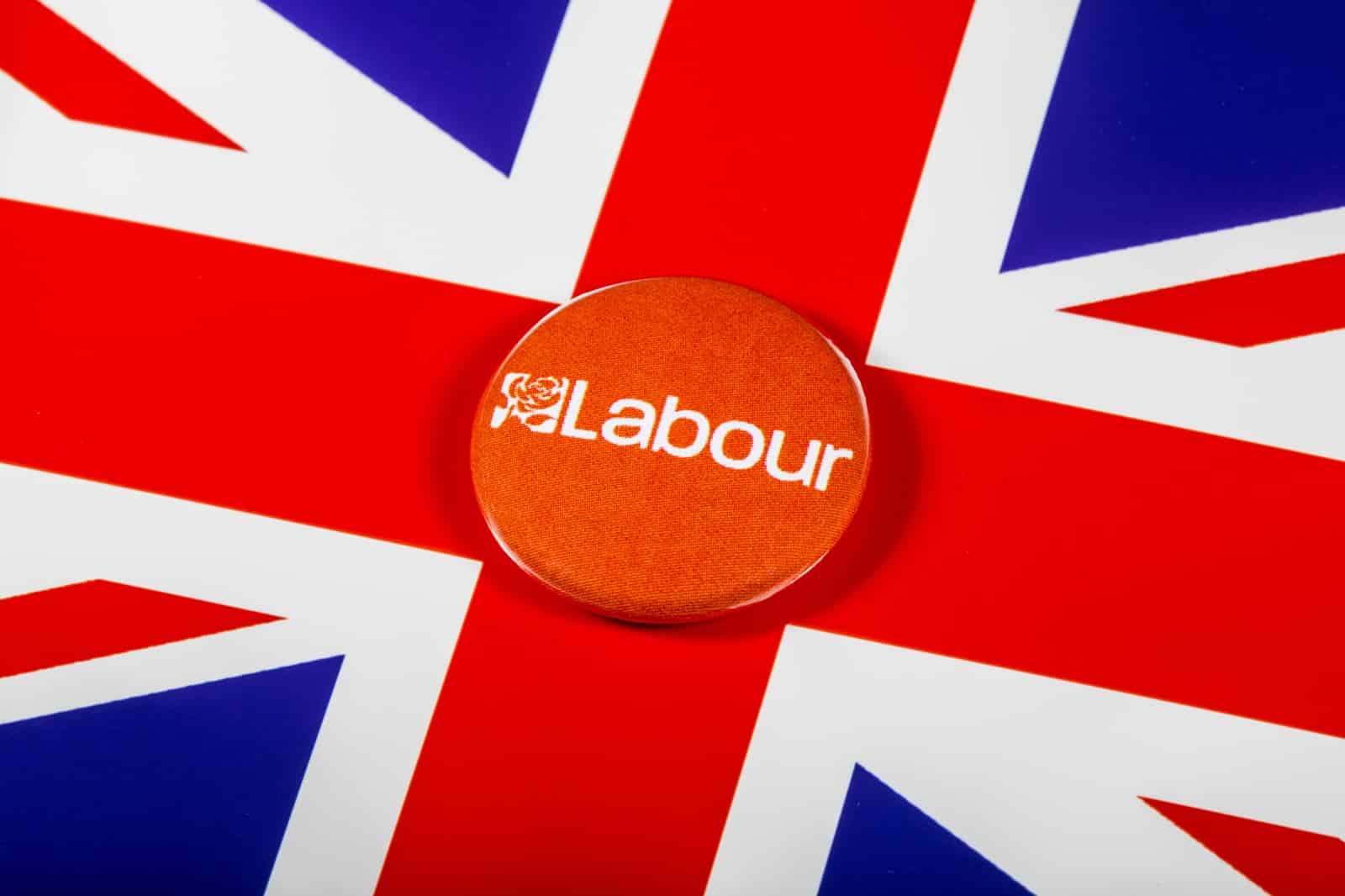
Though the no-confidence vote is technically non-binding, its outcome will hold profound significance, particularly in the lead-up to an election in which it is widely expected that a newly resurgent Scottish Labour Party could challenge the SNP’s long-standing dominance.
Agreement Dissolved

Harvie and Slater voiced their disillusionment with Yousaf’s actions and stressed their inability to continue working with him following the dissolution of the coalition agreement.
Undermining Agenda
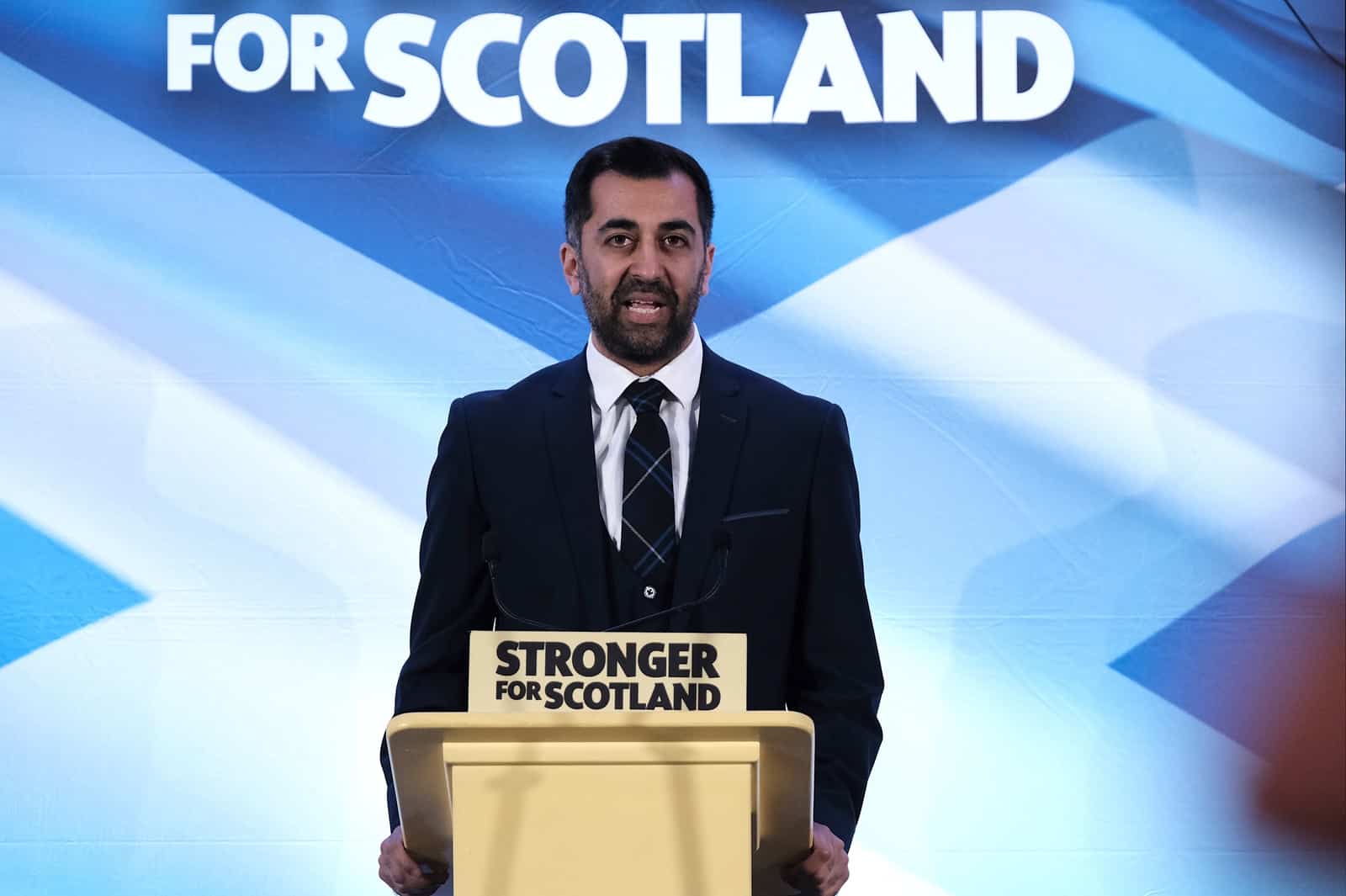
The pair cited Yousaf’s surprise decision as a capitulation to the conservative elements within the SNP, which had undermined the progressive agenda they had championed.
“Progressive Policy Programme”

Slater told reporters outside Holyrood, “When we voted for Humza Yousaf’s appointment last year, it was on the basis that we would continue to work together to deliver the progressive policy programme as laid out in the Bute House agreement.”
“Called Into Question”

“[His] decision today to end that agreement has without doubt called into question the delivery of that programme. It came with no reassurance that his minority government would continue with these objectives. And it abruptly ends the pro-independence majority government which the public voted for, and which members of both parties supported.”
Abandon Climate Goals

The crisis began when the Scottish government announced its intention to abandon its ambitious climate change plans, which would have seen the country commit to reducing carbon emissions by 70% by 2030.
Open Rebellion

This unexpected move triggered an open rebellion from the Scottish Greens, who then began to loudly protest what they saw as a backward move from the government and started to raise doubts about Yousaf’s suitability as First Minister.
“Served Its Purpose”.

Yousaf, facing mounting pressure inside and outside his party, justified his decision to end the coalition agreement by asserting that it had “served its purpose” and no longer provided the stability necessary for effective governance.
Bute House Agreement

The First Minister then signalled a shift in priorities, indicating that he was willing for the SNP to abandon policies previously endorsed by the Bute House agreement.
Heightened Instability
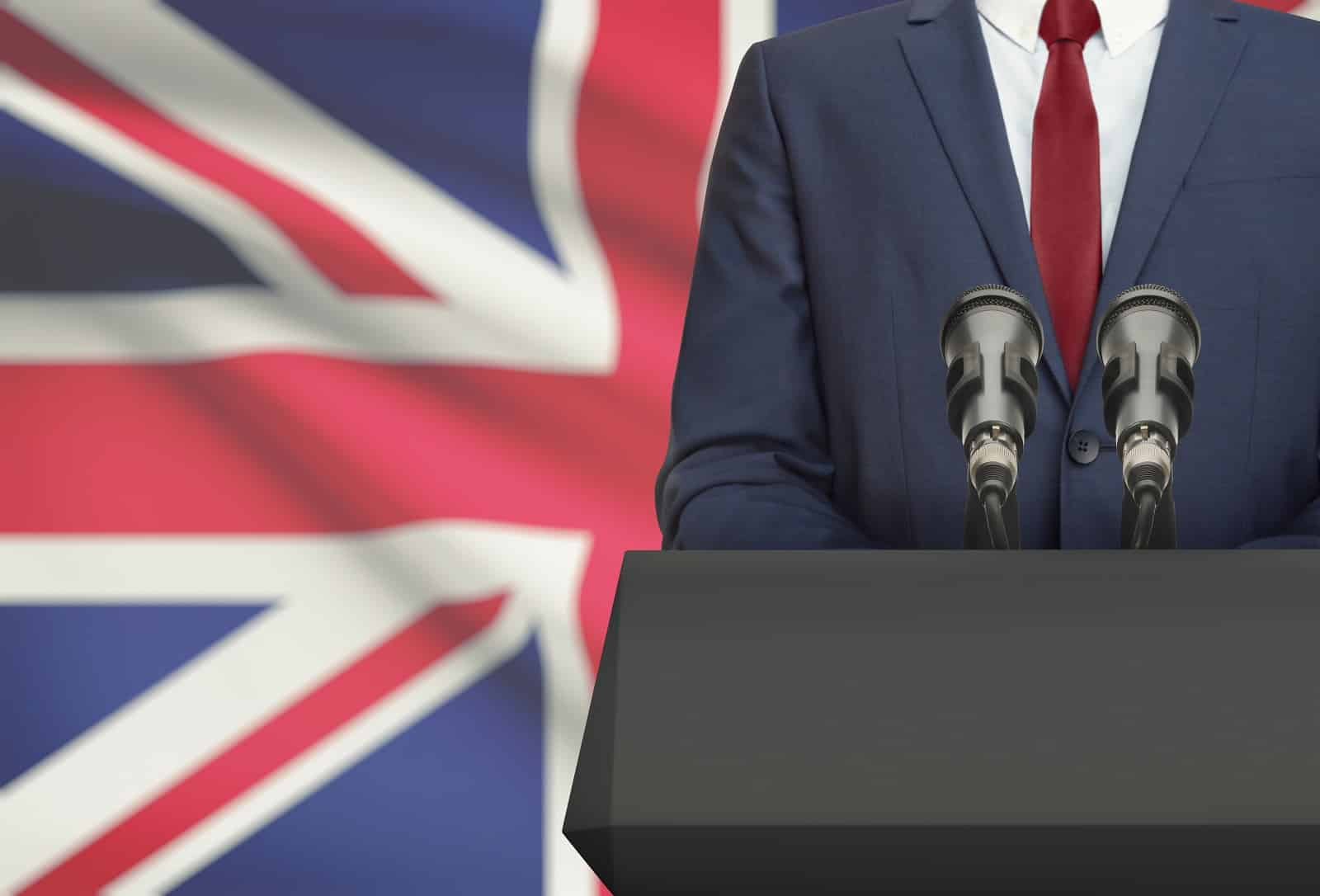
As Yousaf’s government grapples with heightened instability, calls for a snap election intensify, further complicating a volatile political landscape.
“Not Fit for Office”
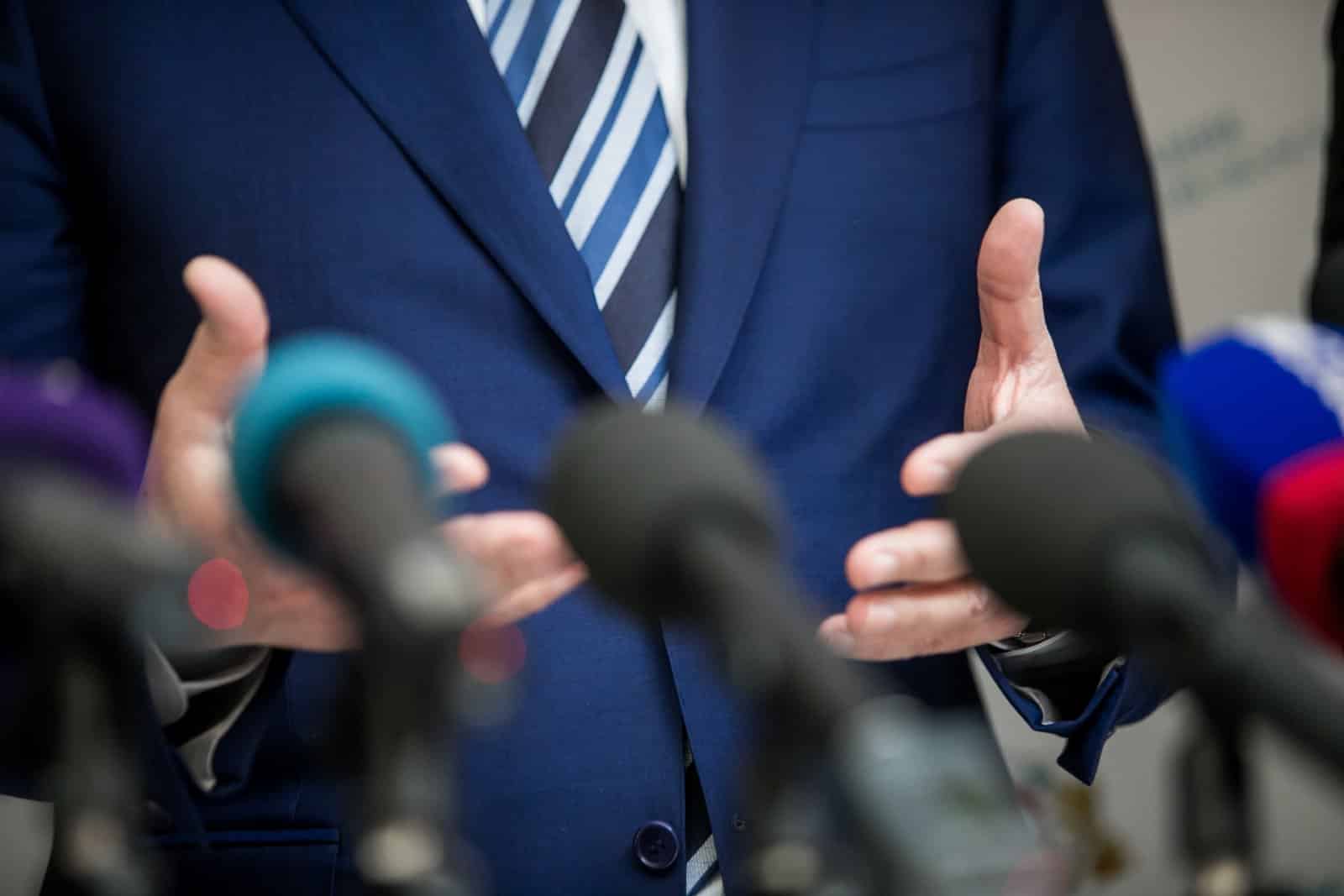
Opposition leaders, including Douglas Ross of the Scottish Conservatives, have said that Yousaf is “not fit for office.”
No-Confidence Motion

Humza Yousaf’s political future now hangs in the balance after the Scottish Greens threw their support behind a no-confidence motion against him.
SNP Unravelling

The unravelling of the coalition agreement has made the SNP’s previous dominance of Scottish politics look ever more tenuous, with the political sharks beginning to circle. What this will mean for Scotland going forward remains to be seen.
More Articles Like This…
Broken Britain: 12 Reasons Behind the UK’s Decline
Say the Unsayable: 10 Occasions When Farage Spoke His Mind About Britain
The post No Confidence: Scotland in Political Turmoil After Greens Turn on SNP first appeared on Edge Media.
Featured Image Credit: Shutterstock / Altopix.
Grant Gallacher is a seasoned writer with expertise in politics and impactful daily news. His work, deeply rooted in addressing issues that resonate with a wide audience, showcases an unwavering commitment to bringing forth the stories that matter. He is also known for satirical writing and stand up comedy.

